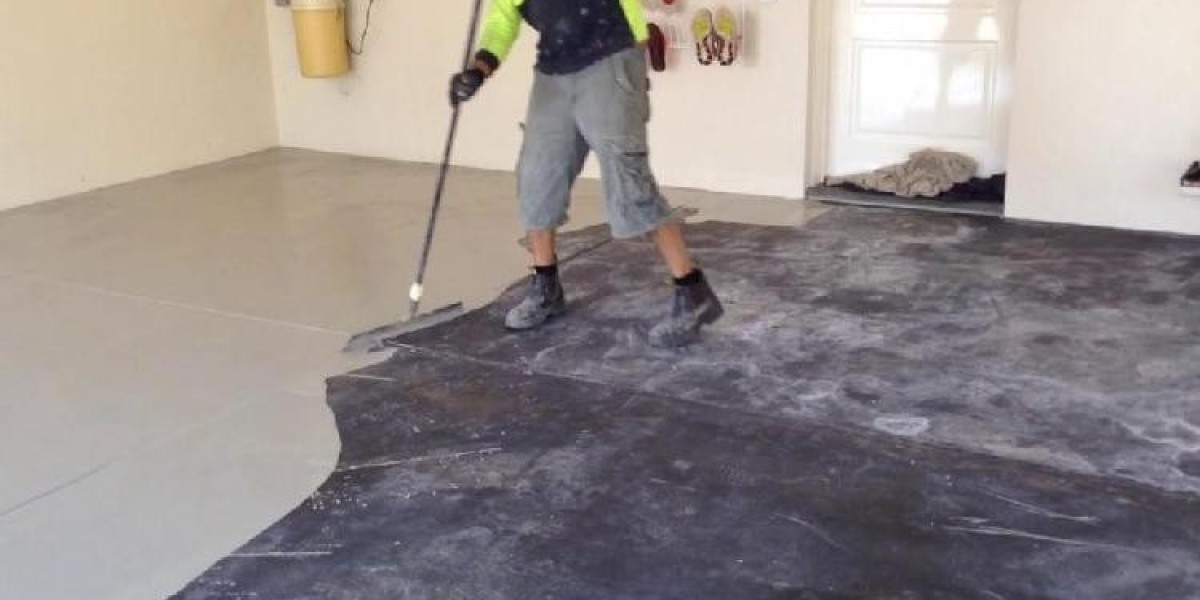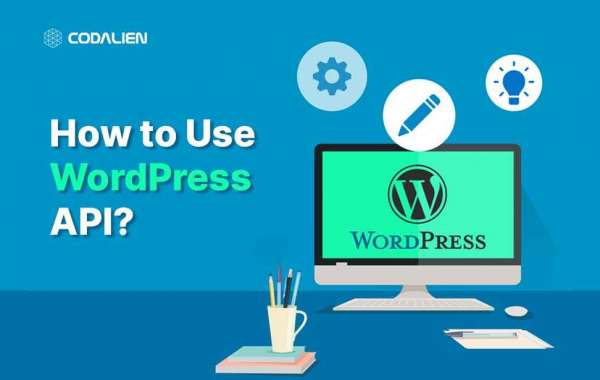Self-leveling concrete has emerged as a highly efficient solution in modern construction, offering a streamlined approach to creating smooth and durable surfaces. It’s commonly used to prepare subfloors, repair uneven surfaces, and provide a solid foundation for other types of flooring. This guide explores the benefits and various applications of self-leveling concrete, making it easier to understand how this versatile material can enhance different projects.
What Is Self-Leveling Concrete?
Self-leveling concrete is a specialized type of cement that, when mixed with water, forms a free-flowing material capable of leveling itself. Unlike traditional concrete, which requires manual spreading and smoothing, self-leveling concrete automatically fills in dips and imperfections in a surface, creating a flat and even finish. It is primarily used for interior flooring applications, providing a solid base for materials like tile, wood, vinyl, and carpet.
The compound consists of polymer-modified cement, fine aggregates, and other additives, which contribute to its self-flowing properties. When poured, the concrete naturally spreads to low points on a surface, eliminating the need for extensive manual labor to achieve a level finish.
Key Benefits of Self-Leveling Concrete
Self Leveling Concrete offers a range of benefits that make it an attractive choice for both professional contractors and DIY enthusiasts.
1. Ease of Application
One of the standout features of self-leveling concrete is its ease of use. Traditional concrete requires significant effort to ensure an even spread and smooth surface, while self-leveling concrete simplifies this process. After mixing with water, it can be poured directly onto the floor. The material will flow and settle on its own, ensuring that even large areas are covered with minimal manual intervention.
2. Quick Drying Time
Speed is another major advantage. Self-leveling concrete typically dries faster than traditional concrete, allowing foot traffic in just a few hours. Depending on the product used, the surface may be ready for further flooring installations within 24 to 48 hours. This quick turnaround is especially beneficial in time-sensitive projects, as it minimizes downtime and allows other phases of the project to proceed sooner.
3. Durability
Once it cures, self-leveling concrete forms a strong and durable surface. It can handle heavy foot traffic, furniture, and even equipment without cracking or chipping. This makes it a popular choice for high-traffic areas in both residential and commercial spaces. Its long-lasting durability ensures that the surface remains in good condition for many years, reducing the need for repairs or maintenance.
4. Smooth, Level Finish
One of the primary reasons for using self-leveling concrete is to achieve a perfectly smooth and level surface. Traditional concrete can often leave uneven spots or imperfections, which can lead to problems when installing other types of flooring. Self-leveling concrete ensures a flat surface, which helps to prevent issues with tiles, hardwood, or other floor coverings.
Get More Insights on- Self Leveling Concrete
For Deeper Insights, Find the Report in the Language that You want:
About Author:
Ravina Pandya, Content Writer, has a strong foothold in the market research industry. She specializes in writing well-researched articles from different industries, including food and beverages, information and technology, healthcare, chemical and materials, etc. (https://www.linkedin.com/in/ravina-pandya-1a3984191)










